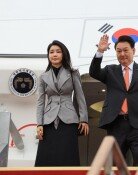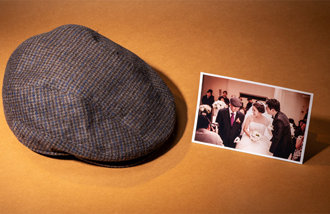13 indicted for distributing herbal medicines containing toxic chemicals
13 indicted for distributing herbal medicines containing toxic chemicals
Posted November. 13, 2014 03:44,
The Northern Seoul District Prosecutors` Office said Wednesday it indicted 13 people on charges of distributing a large amount of medicinal herbs containing toxic chemicals exceeding limits by up to 111 times. Among them, the CEO and other senior officials of Dong Kyung Pharmaceutical Co., South Korea`s largest manufacturer and distributor of herbal medicines, were indicted with detainment. They allegedly distributed 6.5 billion won (5.9 million U.S. dollars) worth of substandard medicinal herbs in 16,000 transactions between January 2012 and October 2014.
According to the prosecutors, they distributed substandard medicinal herbs to make up the loss produced during the manufacturing process. Taking advantage of regulatory loopholes that did not require herbal medicine manufacturers to report product quality test results to the public health authorities, they rigged test results and sold products as normal products. One liriope rhizome product manufactured by Dong Kyung contained 3,340 ppm of sulfur dioxide, 111 times higher than the legal upper limit of 30 ppm but was distributed as a "normal" product. The accused allegedly marked 1 ppm on the test result sheet for the product. Liriope rhizome, commonly known as Snake`s Beard, is used to sooth inflammation, coughing and phlegm and as a heart stimulant.
The prosecutors said that Dong Kyung held a management meeting on a regular basis involving the company`s CEO and other executives in charge of production and sales to conspire the crime. In the event that they face criminal charges for the illegal sale, they agreed that the executive in charge of production would take the responsibility, according to the prosecutors.
In order to avoid administrative sanctions, they sold the substandard medicinal herbs under the names of four small pharmaceutical firms, which took money in return for providing their labels. Heads of the firms, excluding one that went out of business, were also indicted.
Last month, the Ministry of Food and Drug Safety put a temporary ban on the use of all medicinal herbs manufactured or distributed by Dong Kyung and four other companies, prompting the prosecutors to launch an investigation.
A prosecution official said the prosecutors` office provided relevant information to the ministry to help improve the product quality test system and asked the Ministry of Justice to enact a law calling for the punishment of those rigging self-test results.







